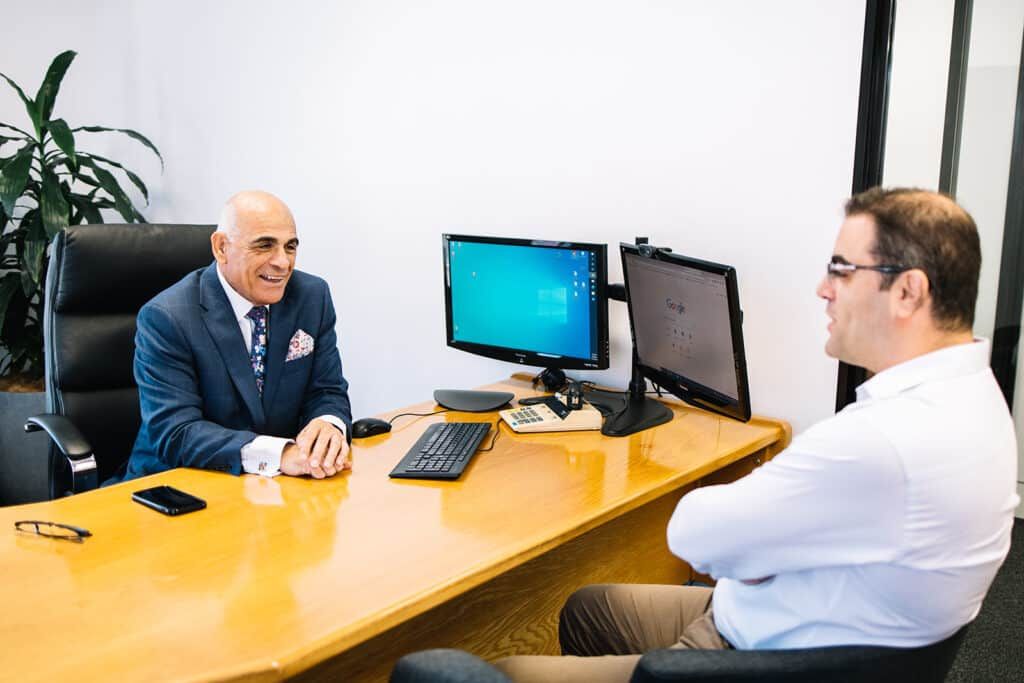What Does It Take To and Your Business To The Next Generation
What is the end game for your business? Succession is not just a topic for a TV series or billionaire families, it’s about successfully transitioning your business and maximising its capital value for you, the owners.
When it comes to generational succession of a family business, there are a few important aspects:
- Succession of the business;
- Succession of the ownership of the business;
- Succession planning/pathway; and
- Moving from a business family to an investment family.
For generational succession to succeed, even if that succession is the sale of the business and the management of the sale proceeds for the benefit of the family, communication is essential. Where generational succession fails, it is often because succession has not been formalised until a catalyst event or retirement planning requires it.
A concept of ‘legacy’ is not enough. Successful succession occurs when the guiding principles of governance, family rules, aligning values, dispute resolution, succession and estate planning are managed well before discontent tears it apart.
Generational succession usually involves the transfer of an interest in a business to another generation of a family (usually younger). It is often a family in business rather than simply a family business.
“One-third of Australian family businesses expect that the next generation will become the majority shareholders within 5 years time. Yet only 25% of Australian family businesses have a robust, documented and communicated succession plan in place.”PWC Family Business Survey
The options for how a movement of an interest may occur are many and varied but usually focus on the transfer of some or all of the equity held in the business over a period or at a defined point in time and the payment of some form of consideration for the equity transferred. Alternatively, a part of the equity transfer may ultimately be dealt with through the estate.
Generational succession comes with its own set of issues that need to be dealt with:
Capability and willingness of the next generation
A realistic assessment of whether the business can continue successfully after the transition. In some cases, the older generation will pursue generational succession either as a means of keeping the business in the family, perpetuating their legacy, or to provide a stable business future for the next generation. While reasonable objectives, they only work where there is capability and willingness. Communication of expectations is essential.
Capital transfer
Consider the capital requirements of the exiting generation. To what extent do you need to extract capital from the business at the time of the transition? The higher the level of capital needed, the greater the pressure on the business and the equity stakeholders.
In many cases, the incoming generation will not have sufficient capital to buy-out the exiting generation. This will require the vendors to maintain a continuing investment in the business or for the business to take on an increased level of debt. Either scenario needs to be assessed for its sustainability at a business and shareholder level. In some scenarios the exiting owners will transition their ownership on an agreed timeframe.
Managing remuneration
In many small and medium businesses, the owners arrange their remuneration from the business to meet their needs rather than being reasonable compensation for the roles undertaken. This can result in the business either paying too much or too little. Under generational succession, there should be an increased level of formality around compensation. Compensation should be matched to roles, and where performance incentives exist, these should be clearly structured.
Who has operational management and control?
Transition of control is often a sensitive area. It is essential to establish and agree in advance how operating and management control will be maintained and transitioned. This is important not only for the generational stakeholders but also for the business. Often the exiting business owners have a firm view on how the business should be run. Uncertainty in the management and decision making of the business can lead to confusion or a vacuum – either will have an adverse impact. Tensions often arise because:
- The incoming generation want freedom of decision making and the ability to put their imprint on the business.
- Without operating control, they feel that they have management in name only.
- The exiting generation believe that their experience is necessary to the business and entitles them to a continued say.
- A perception that capital investment should equate to ultimate operating control.
- An uncertainty by either or both generations about the extent of their ongoing roles.
Agreeing transition of control in advance, on an agreed timeframe, can significantly reduce tensions.
Transition timeframes and expectations
Generational succession is often a process rather than an event. The extended timeframe for the transition requires active management to ensure that there are mutual expectations and to avoid the process being derailed by frustration.
The established generation may have identified that they want to scale down their business involvement and bring on other family members to succeed them. This does not necessarily mean that they want to withdraw completely. An extended transition period is not uncommon and can often assist the business in managing the change. This can also work well in managing income and capital withdrawal requirements.
The need for greater formality and management structure
A danger for many SMEs is the blurring of the boundaries between the role of the Board, shareholders, and management. With generational succession, this can become even more pronounced. Formality in these structures is important, with clear definitions of the roles and clarification of the expectations. For example, who should be a director and what is their role?
For some, the role of the family is managed by a family constitution – an agreed set of rules. For others there will be an external advisory group that advises the family to ensure that the required independent expertise is brought to bear.
Successfully managing generational change is a process we can help you navigate. Talk to us about how we can help to structure an effective transition path.

















